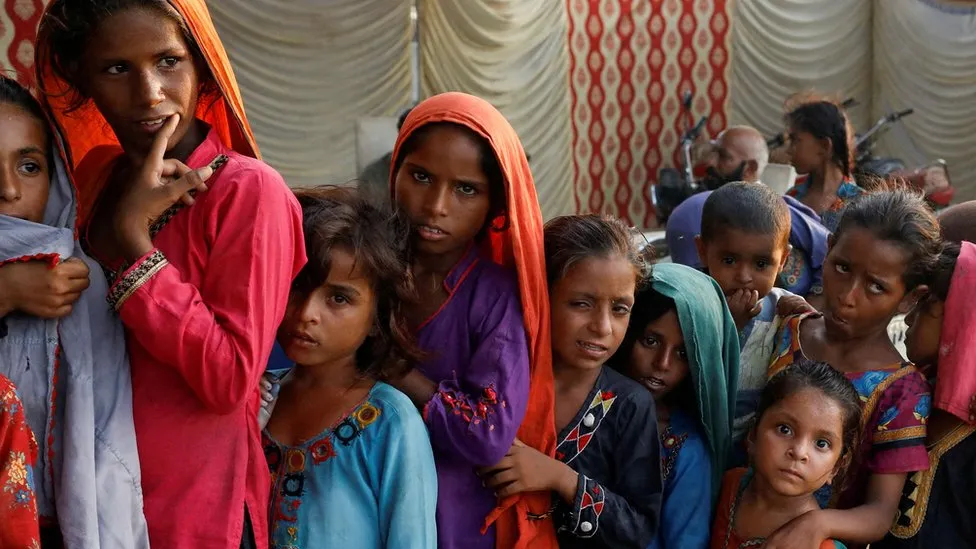Pakistan: Donors Pledge $9B for Flood Relief
On Monday, private donors and financial institutions pledged more than $9B to help Pakistan recover from last year's devastating floods....

0:00
/0:00
Facts
- On Monday, private donors and financial institutions pledged more than $9B to help Pakistan recover from last year's devastating floods.1
- Major donors reportedly included the Islamic Development Bank ($4.2B), World Bank ($2B), the Asian Development Bank ($1.5B), and Saudi Arabia ($1B).2
- The international assistance is expected to cover over half of the $16.3B Pakistan requested over the next three years to recover from the disaster and support the country's ability to withstand future climate shocks.3
- Last fall, melting glaciers and record monsoon rains triggered a catastrophic flood that left one-third of the country underwater. The disaster displaced over 33M people, destroyed more than 2M houses, killed around 1.7K people, and caused economic damages to the tune of $40B.4
- The aid comes after the United Nations COP27 climate summit in Egypt in Nov. 2022 agreed to set up a fund — called 'loss and damage' — to help developing countries cope with the extreme weather events caused by global warming.5
- In August 2022, Pakistan also secured a $1.1B loan from the IMF to bring its economy — wracked by soaring inflation and political upheaval — back on track.6
Sources: 1BBC News, 2The Express Tribune, 3Le Monde.fr, 4The Hindu, 5Al Jazeera and 6Reuters.
Narratives
- Pro-establishment narrative, as provided by Geneva Solutions. Although Pakistan is responsible for less than 1% of global greenhouse emissions, it is deeply impacted by climate-induced disasters. Last year's floods were a focus at COP27, where Pakistan led developing nations in the push to set up the 'loss and damages' fund for climate reparations. The Geneva Conference was a test case of how willing developed countries are to assist developing countries. The West, fortunately, passed the test with flying colors.
- Establishment-critical narrative, as provided by The Diplomat. Being reliant on ad hoc aid from the international community and its institutions is not enough for Pakistan. Floods affect about 715K residents annually, and by 2030, the number is projected to reach 2.7M. The total financial loss of these floods projects to almost 1% of Islamabad's Gross Domestic Product annually. Pakistan must take its climate issues into its own hands — working on early warning systems and water policies — but it deserves more than aid; it deserves full climate reparations.






